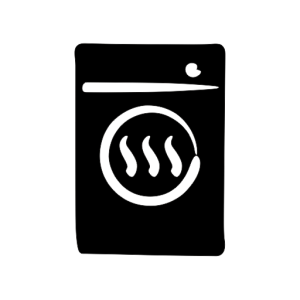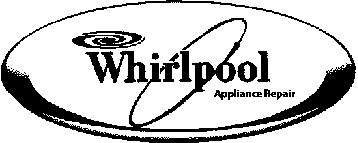Things are not cooking properly
Have you ever placed a lovingly prepared dish in the oven, only to find it unevenly cooked or, worse, completely ruined? You're not alone. Many face the frustration of things not cooking properly, leading to wasted ingredients and disappointing meals. But before you call in a professional for oven repair, let's explore some common oven problems and their DIY solutions. Understanding these issues can save you time, money, and ensure your dishes come out perfectly every time.
Understanding Your Oven's Quirks
Ovens, like any other appliance, have their quirks and issues. Recognizing the signs of common problems can help you diagnose and address them swiftly. Here are some typical scenarios where things might not be cooking properly:
- Uneven Heating: One of the most frequent complaints. You might notice one side of your cake is golden and baked, while the other is barely done.
- Temperature Fluctuations: If your oven struggles to maintain the set temperature, your meals can end up under or overcooked.
- Preheating Problems: An oven that takes too long to preheat affects cooking times and outcomes.
- Burnt Food: When food cooks too quickly and burns, it often points to thermostat issues.
- Not Cooking at All: The most alarming issue is when your oven doesn't heat up, making cooking impossible.
DIY OVEN REPAIR Solutions
Before you consider a costly repair, there are several things you can do yourself to fix common oven issues. Here's how to tackle them:
1. Check the Door Seal
A loose or damaged door seal can lead to heat loss, causing uneven cooking. Inspect the seal for any tears or gaps and replace it if necessary. This simple step can significantly improve your oven's efficiency.
2. Calibrate the Temperature
If your oven's temperature seems off, it may need calibration. Consult your oven's manual on how to adjust the thermostat. An oven thermometer can also help you gauge its accuracy.
3. Clean Regularly
Build-up from spills and crumbs can affect your oven's performance. Regular cleaning, especially of the heating elements, can prevent many cooking inconsistencies.
4. Utilize Oven Settings
Familiarize yourself with your oven's settings. Convection bake, for example, offers more even heat distribution. Experimenting with different settings might solve your problem without any repairs.
5. Inspect Heating Elements
For electric ovens, visibly inspect the heating elements for any signs of damage or wear. If an element isn't glowing red when the oven is on, it's likely time for a replacement.
When to Seek Professional Help
While many oven issues can be solved with a bit of DIY spirit, there are times when professional help is necessary. If your oven is experiencing electrical problems, if you've tried all the above solutions without success, or if your appliance is still under warranty, it's best to consult with a professional technician.
Conclusion
Facing issues with your oven can be disheartening, especially when looking forward to a nice meal. However, understanding the common problems and knowing how to tackle them can save you both time and money. Remember, regular maintenance is key to keeping your oven in top shape. But when in doubt, don't hesitate to call in a professional for your oven repair needs. Ensuring your oven is functioning correctly is crucial to cooking perfection, so take the time to address any issues head-on, and you'll be back to baking and roasting your favorite dishes in no time.
FAQs
- Why does my oven cook unevenly?Uneven cooking is often due to obstructed heat distribution, which can be caused by a faulty fan in convection ovens or a damaged heating element in conventional ovens.
- How can I tell if my oven temperature is accurate?
Using an oven thermometer is the best way to test accuracy. Place it in the center of your oven, set a specific temperature, and check if the readings match after preheating. - Can I replace an oven's heating element myself?
Yes, in most cases, replacing an oven's heating element is a straightforward DIY task. Ensure the oven is unplugged and cooled down before attempting any replacements. - How often should I clean my oven?
It depends on usage, but a general rule is to clean it every 3 to 6 months or whenever spills occur. Regular cleaning maintains optimal performance and hygiene. - Is it worth repairing an old oven?
Consider the cost of repairs versus the price of a new oven. If repairs exceed 50% of the new oven's cost, investing in a new appliance might be more economical.

























